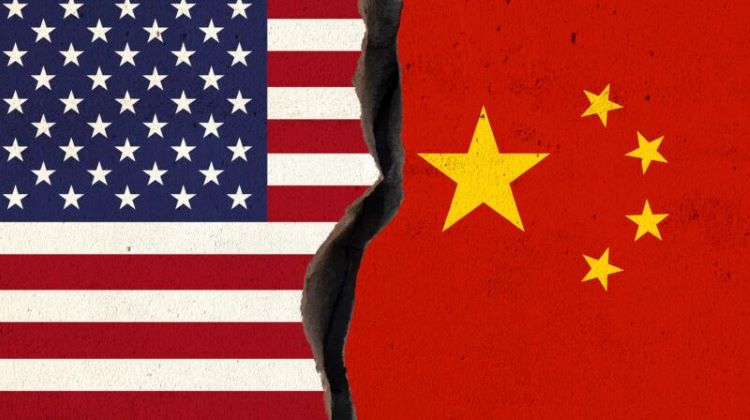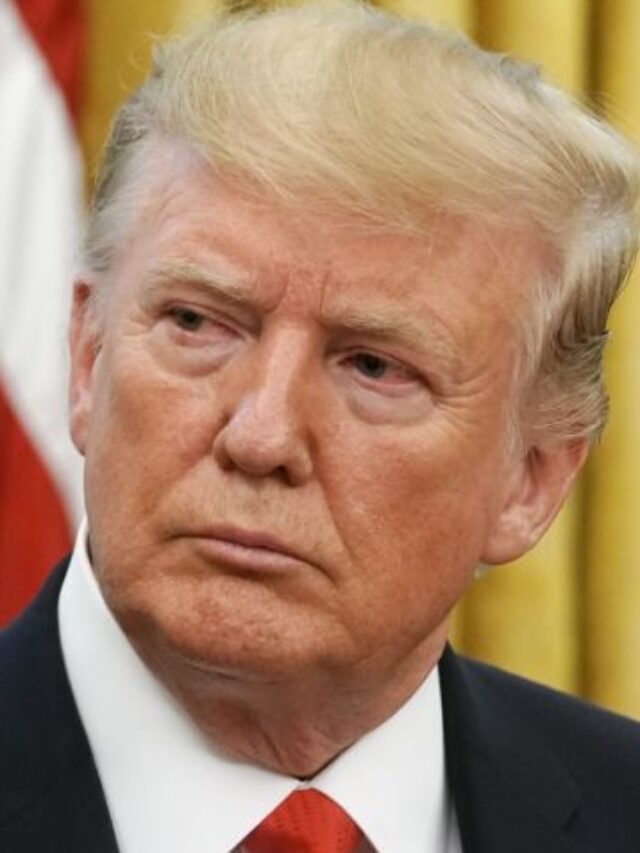Anamika Dey, editor
Brief news
- China announced retaliatory tariffs on U.S. imports, including 15% on coal and 10% on crude oil, following U.S. tariffs on Chinese exports, raising trade war concerns.
- Analysts suggest China’s tariff actions are symbolic but indicate a high likelihood of escalating trade tensions.
- The U.S. and China are engaged in ongoing trade negotiations, with potential impacts on GDP growth and domestic stimulus measures in China.
Detailed news
On Tuesday, China announced a number of retaliatory actions against the United States. This came just after the United States imposed tariffs on Chinese exports, which has raised fears of a larger trade war between the two largest economies in the world.
On Tuesday, China’s Ministry of Finance said that it will impose new tariffs on imports from the United States. Starting on February 10, the taxes will be 15% on coal and liquefied natural gas, and 10% on American crude oil, agricultural gear, and some autos.
According to a translation of the statement in Chinese by CNBC, China stated again that the United States’ imposition of additional levies of 10% “seriously violates the rules of the World Trade Organization … destructs the normal bilateral economic and trade activities.”
On Tuesday, in a different announcement, authorities from the Chinese Ministry of Commerce and customs stated that they would be imposing export bans on a variety of commodities and technology that are associated with certain essential minerals, including tungsten, tellurium, ruthenium, and molybdenum.
Louise Loo, who is the China lead economist at Oxford Economics, stated that China’s decision regarding tariffs is “more of a symbolic move for now.” She also predicts that the extra charges might increase the effective tariff rate on imports from the United States into China by nearly 2 percentage points.
However, Loo warned that a second trade war between the United States and China was “clearly in the early stage” and that there was “a very high likelihood” that the two nations would impose further tariffs on each other.
After the announcements, the Chinese offshore yuan remained relatively stable in comparison to the U.S. dollar. The markets on the mainland will reopen for trading on Wednesday after being closed for the week-long Lunar New Year holiday.
The State Administration of Market Regulation in China has announced that it will begin an investigation into Alphabet’s Google. The American technology company is suspected of breaking the country’s anti-monopoly law.
In 2010, Google stopped providing its internet and search engine services in China. However, the company still has some operations that focus on Chinese firms that want to advertise on Google platforms in other countries.
Julian Evans-Pritchard, who is the head of China economics at Capital Economics, stated in a note, “These moves are warnings that China intends to harm US interests if need be but still give China the option to back down.”
Pritchard recognized that the tariffs that China has suggested might be delayed or called off before they are scheduled to go into effect next Monday, and that the inquiry into Google might conclude without any consequences.
On Monday, U.S. President Donald Trump agreed to a 30-day hold on the introduction of the planned 25% tariffs on imports from Canada and Mexico. This agreement was made after the two countries promised to take actions to combat the illegal trafficking of fentanyl into the United States.
On the other hand, China did not receive any such relief.
According to Vishnu Varathan, who is the head of macro research for Asia ex-Japan at Mizuho Bank, “The overarching geo-economic dimensions to U.S.-China trade means that resolution will be far more fraught than is the case with Mexico and Canada.”
Quick revenge
When Trump began his second term, he instructed his government to look into whether or not Beijing was following the terms of a trade agreement that was made during his first presidency in 2020. According to experts, the final conclusion of the evaluation will be provided to Trump by April 1, which could lead to additional tariff moves.
According to reports, Karoline Leavitt, the White House press secretary, stated on Monday that Trump and Xi Jinping, the president of China, would have a conversation “in the next couple of days.”
On Saturday, Trump signed an order that imposed the 10% tariffs on China that had been threatened for a long time. This was in addition to the duties that were already in place, which were as high as 25% on Chinese imports and were put in place during his first presidency.
According to a report released on Monday by economists at Goldman Sachs, the higher charges will lower China’s real gross domestic product growth by 50 basis points this year. This has led to calls for stronger domestic stimulus measures to offset the impacts of the rising tariffs.
Due to poor demand and a prolonged real estate crisis, the investment bank anticipates that China’s real GDP growth will decelerate to 4.5% this year and that domestic consumer inflation would increase by only 0.4%.
Source : CNBC news




Почивка на Гран Канария: райски отдих, най-добрите места за почивка.
Почивка на плажовете на Гран Канария: насладете се на слънцето и морето.
Гран Канария за гурмани: опитайте най-добрите ястия на острова.
Почивка на Гран Канария: екскурзии за истински пътешественици.
Спа хотели на Гран Канария: релаксирайте и се наслаждавайте на почивката.
Почивка на Гран Канария: забавления за цялото семейство.
Почивка в Гран Канария с деца https://www.bohemia.bg/ .